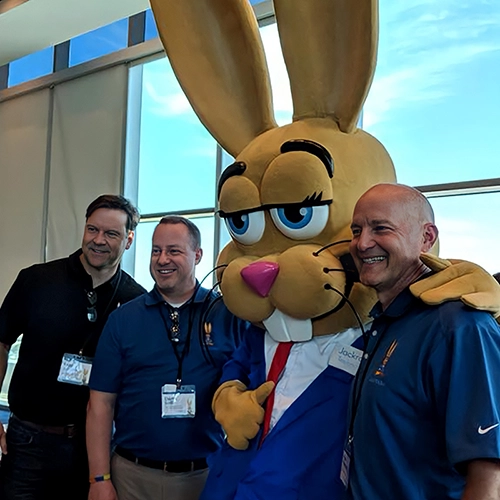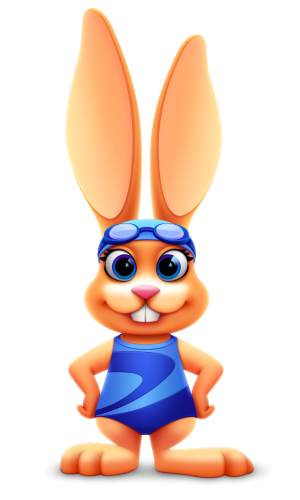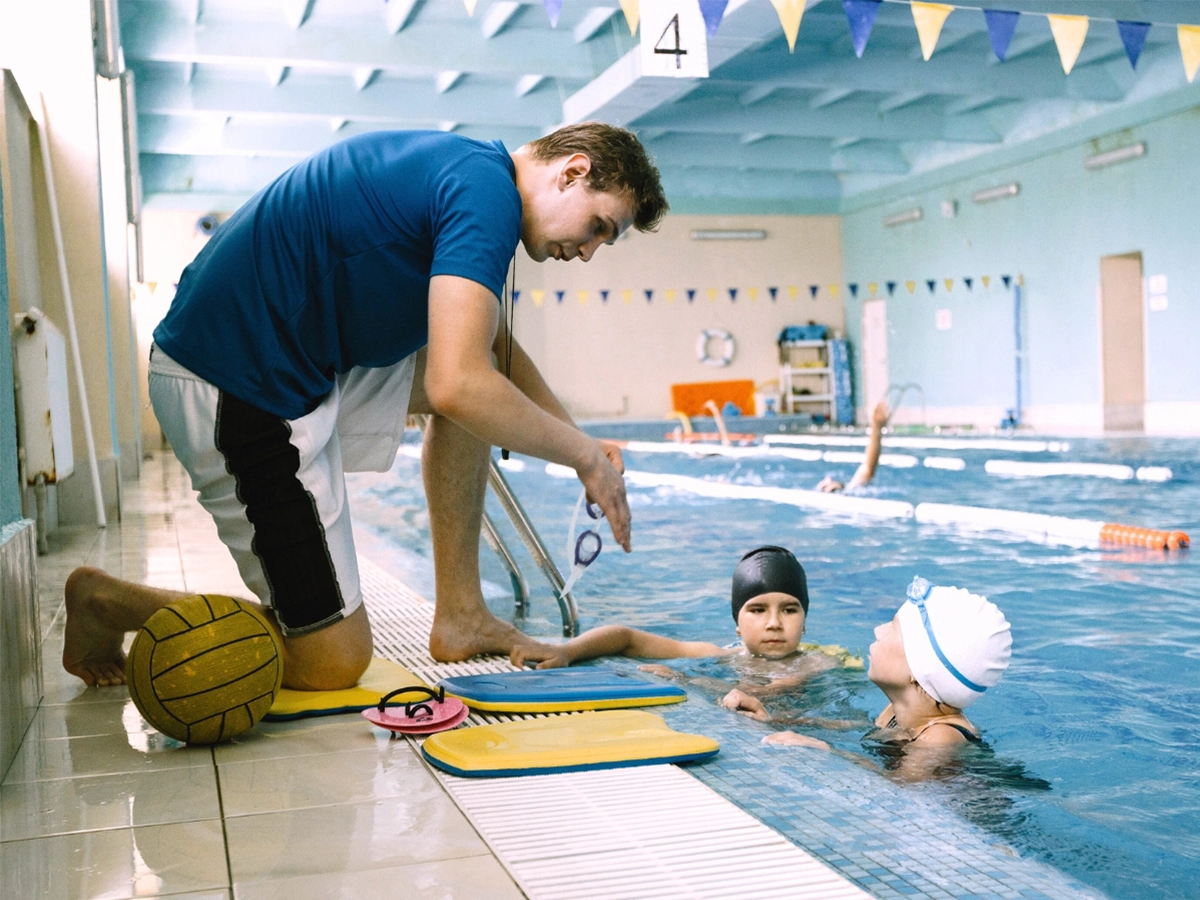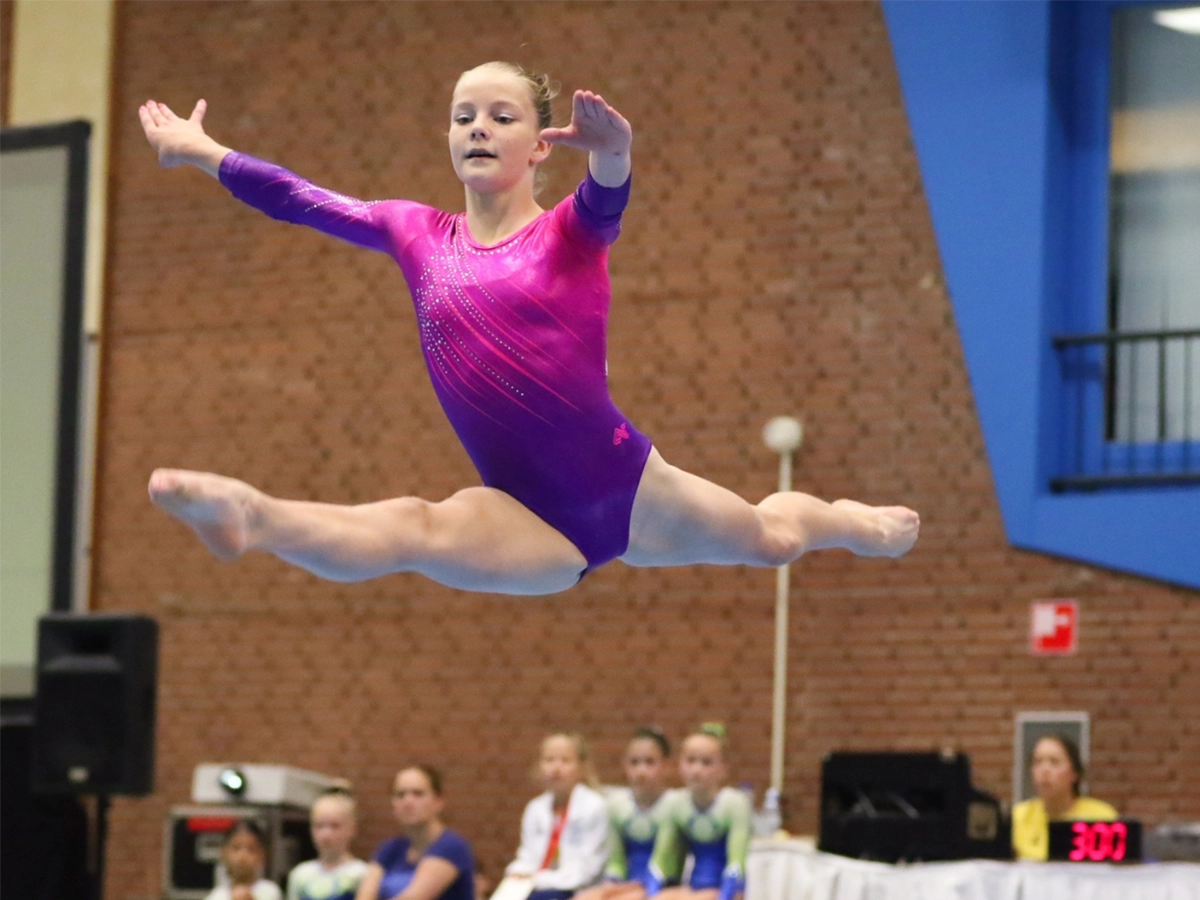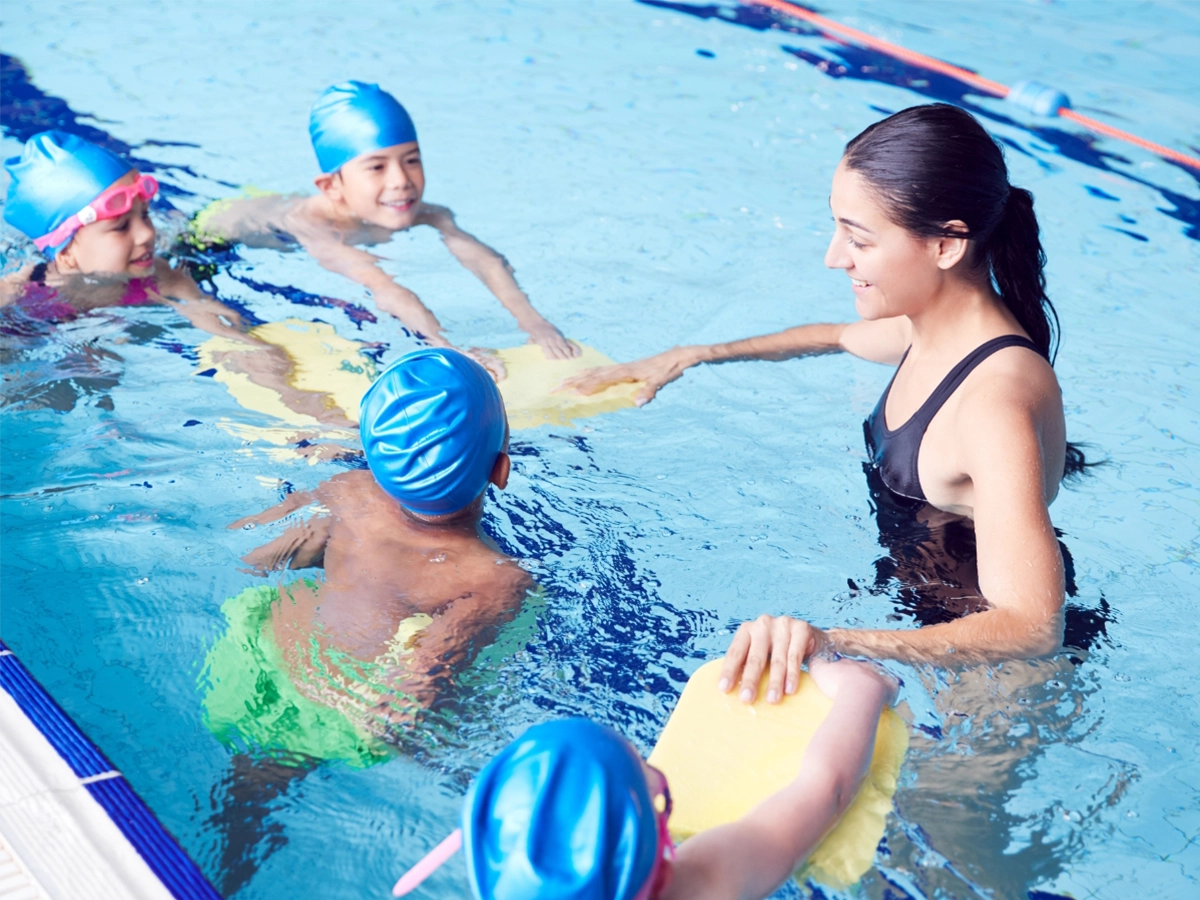When it comes to hydrating kids, particularly those who play sports, there’s a dizzying array of sodas, juices, iced tea, and bottled waters to choose from. And another category of beverages is causing a buzz: sports and energy drinks.
Sports and energy drinks can include anything from sports beverages to vitamin waters to “high-energy” supplement drinks. What they all have in common is added ingredients that say they “do” something extra, whether it’s increase energy and alertness, boost nutrition, or even enhance athletic performance. But are they good options for kids?
Evaluating the Choices
Everyone needs to stay hydrated to stay healthy, and you can’t go wrong giving kids plain water. But what about kids who play sports? Do they need something extra to avoid dehydration?
Not necessarily. The average young athlete can and should get all the necessary nutrients and hydration by eating healthy foods and drinking plenty of water before, during, and after exercise. During games and competitive events, drinks should be available at all times and regular water breaks should be scheduled about every 15 or 20 minutes. The amount of water needed can vary depending on the child’s age, weight, intensity of the activity, and weather conditions.
Soda is not recommended for hydration during sports and should be avoided because it contains excess sugar, which can lead to weight gain. What’s more, the carbonation can cause an upset stomach. Soda also often contains caffeine, which should be limited in kids.
Other Choices
Many drink options are out there. Here’s a closer look at the ingredients they contain and how they measure up:
Sports Drinks
Sports drinks may be beneficial for kids who participates in prolonged vigorous physical activity lasting longer than an hour (such as long-distance running and biking, or high-intensity exercise such as soccer, basketball, or hockey).
These drinks contain carbohydrates (sugar), which can provide an immediate source of energy at a time when the body’s stores are becoming depleted. Sports drinks also contain electrolytes like sodium and potassium, which the body loses through sweat, that are necessary to keep the body’s fluid levels in balance and for muscles to work properly.
Sports drinks are sweet, which may aid hydration in kids who otherwise wouldn’t drink during periods of intense activity. Of course, these drinks contain calories, too, and can increase the risk of excess weight gain — if your child is active and drinks these in moderation, this shouldn’t be a problem.
However, sports drinks are not necessary for the casual athlete and should not be consumed on a regular basis. If your sedentary child is a fan of sports beverages, consider sidelining these drinks in favor of plain water.
Vitamin Waters
These drinks, also known as fitness waters or enhanced waters, come in many flavors and contain various combinations of supplemental vitamins and minerals. They also often contain extra calories, artificial sweeteners, caffeine, or herbal ingredients whose effects have not been studied in children (such as ginseng or St. John’s wort).
Vitamin waters may look like a quick way to fill any nutrition gaps in your child’s diet, but these nutrients can come from a healthy meal or snack, too. Also, they can provide too much of a good thing, particularly for kids who already take a daily multivitamin. Getting more than the recommended daily allowance of some vitamins and minerals can be harmful to a child’s health. Keep in mind that the daily allowances listed on the label are recommendations for adults, not kids.
The best place for kids to get daily nutrients is from balanced meals. If you’re concerned that your child isn’t getting enough, talk to your doctor, who may recommend a daily multivitamin formulated for kids.
Energy Drinks
These are becoming increasingly popular with middle- and high-school students who are looking for a competitive edge. And while some energy drinks are clearly labeled as unsuitable for children, others are specifically marketed to kids as young as 4, promising boosts in energy and nutrition as well as enhanced athletic performance.
Most energy drinks deliver a stiff dose of sugar and caffeine — sometimes as much caffeine as in 1 to 3 cups of coffee. Too much sugar can put kids in the fast lane to the dentist’s office and also contribute to weight gain. Excessive caffeine comes with its own set of problems — especially in younger kids, it can negatively affect attention and concentration.
Few studies have examined the effect of caffeine on children, but consider how you feel when you’ve had too much. Caffeine is indeed a stimulant — though a widely used and accepted one — and because kids are smaller than adults and its effects on them will be more pronounced.
As in adults, too much caffeine can cause:
- jitteriness and nervousness
- upset stomach
- headaches
- difficulty concentrating
- difficulty sleeping
- frequent urination
Large amounts of caffeine can have even more serious side effects (including fast or irregular heartbeats, high blood pressure, hallucinations, and seizures), especially for kids with certain medical conditions or who take medications or supplements.
Many of these drinks also contain additional ingredients whose safety or effectiveness has never been tested in children — including herbal supplements, guarana (a source of caffeine), and taurine (an amino acid thought to enhance performance and caffeine’s effects).
The bottom line is this: Energy drinks pose a real health risk for kids and teens and should be avoided. Kids who participate in sports should learn that they can improve their game through hard work and practice — values that will serve them well both on and off the field.
Encouraging kids to believe that they need something “extra” to perform at their best is a slippery slope that may lead to the use of other performance-enhancing substances.
Remember that if it sounds too good to be true, it probably is. Be critical when reading labels, and talk to your doctor if you have any questions or concerns. And teach your kids not to be so quick to believe the hype when it comes to sports and energy drinks.
For athletes and non-athletes alike, nothing beats a well-balanced diet. Most kids who eat well, stay hydrated, and get enough physical activity and rest will have plenty of energy — naturally.
This information was originally published on KidsHealth.org and was reviewed by Mary L. Gavin, MD, Medical Editor, KidsHealth, Nemours Center for Children’s Health Media, Division of General Pediatrics, Alfred I. duPont Hospital for Children, Wilmington, DE.
